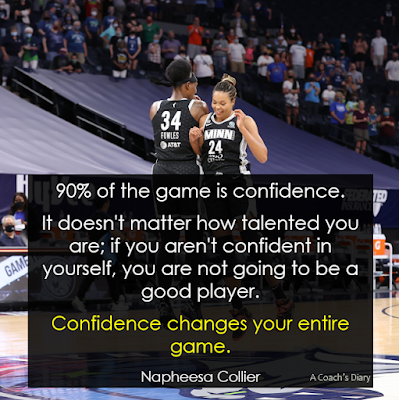WEEK 50 | ABOVE THE LINE
One of the hardest parts about being a leader is having to set a line of expectations and then actively live above that line. It’s easy to say, “Work hard, show up early, stay late, compete in every drill, every day, and don’t take any shortcuts,” but nobody is perfect and we all make mistakes. I’ve heard many coaches say, “Do as I say, not as I do.” We know what we need to do, but we don’t always do it. Jesus knew this too, and He addressed this when He was talking to His disciples and the crowds of people about the teachers of religious law at the time to His disciples and crowds of people in Matthew 23. Jesus said, “So practice and obey whatever they tell you, but don’t follow their example. For they don’t practice what they teach. They crush people with unbearable religious demands and never lift a finger to ease the burden. Everything they do is for show. On their arms, they wear extra wide prayer boxes with Scripture verses inside, and they wear robes with extra long tassels.” (M...















